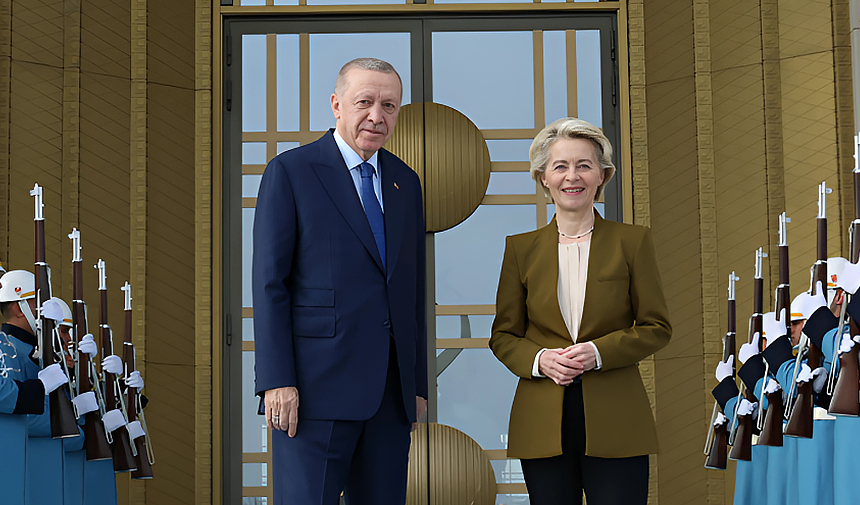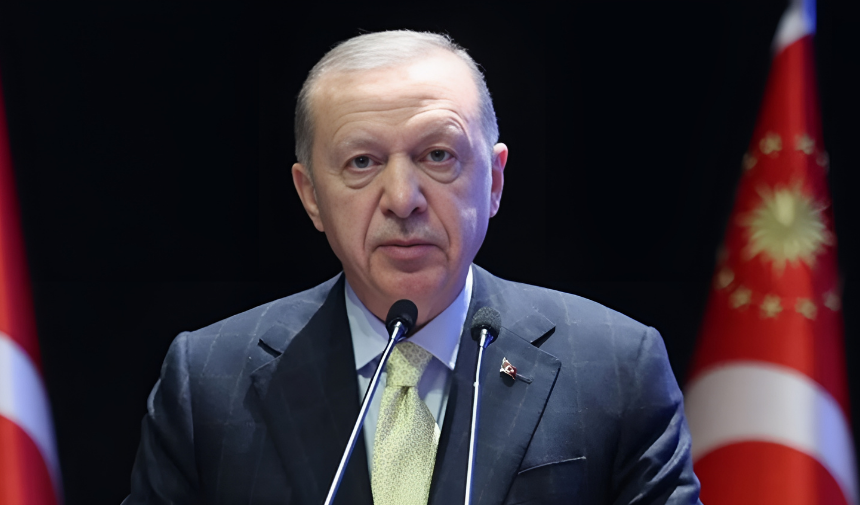Today, humanity faces greater dangers than at any other time in history. These dangers threaten not only our individual lives, but also the future of societies and our planet on a global level. So, what are the greatest threats to humanity and what can be done to deal with these threats?
Climate Change and Environmental Degradation
Climate change is one of the greatest threats to humanity. Global warming, melting of glaciers, rising sea levels and extreme weather events directly affect ecosystems and human life in the world. Reducing carbon emissions, switching to renewable energy sources and sustainable agricultural practices are important steps to be taken in combating climate change. In addition, saving energy at the individual level, encouraging recycling and using environmentally friendly products can also contribute.
Biological Threats and Pandemics
The Covid-19 pandemic has highlighted how serious biological threats can be. Emerging viruses, antibiotic-resistant bacteria and other pathogens are challenging global health systems. Strong health infrastructures, effective vaccine development and delivery systems, and international co-operation are essential to tackle such threats. In addition, following hygiene rules, getting vaccinated and complying with the recommendations of health authorities are among the measures to be taken at the individual level.
Nuclear Threat and Arms Race
The existence of nuclear weapons is one of the greatest threats to world peace. The use of nuclear weapons threatens not only targeted regions but also ecosystems and human health on a global scale. Nuclear disarmament treaties, international diplomacy and regulations on the peaceful use of nuclear energy are critical to reducing this threat. Global leaders need to make greater efforts on nuclear disarmament and raise public awareness on this issue.
Global Inequality and Poverty
Global inequality and poverty are other major threats to social peace and stability. Economic imbalances between developed and developing countries can lead to social injustices and mass migration. To tackle these problems, sustainable development policies, increased access to education and health care, and programmes to reduce poverty are necessary. In addition, international co-operation is important to ensure fair global trade and redress income inequalities.
Digital Threats and Cyber Security
The rapid advancement of technology brings digital threats with it. Cyber attacks, theft of personal data, digital fraud and inter-state cyber wars pose serious risks in the modern world. To cope with these threats, strong cyber security measures, increasing digital literacy of individuals and international cyber security agreements are important. In addition, individuals should use strong passwords, prefer reliable software and be careful online.
Global Health Threats and Infectious Diseases
Infectious diseases are a major threat, especially in poor and developing countries. Diseases such as HIV/AIDS, malaria and tuberculosis threaten the lives of millions of people. In the fight against these diseases, it is important to increase early diagnosis and treatment opportunities, expand vaccination programmes and improve access to health services. In addition, the provision of clean water and sanitation services plays a critical role in preventing the spread of diseases.
In conclusion, tackling major threats to humanity is possible through global co-operation and conscious individuals. Problems such as climate change, biological threats, nuclear armament, global inequality, digital threats and infectious diseases can only be solved through joint efforts. In the fight against these dangers, measures to be taken both at the international level and at the individual level are vital.



